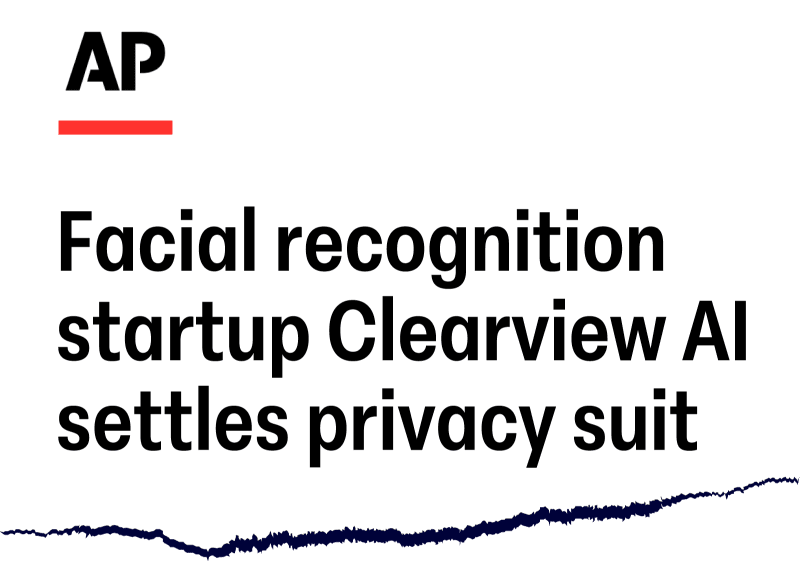Harvard Fundraising Database Breached, Alumni Records Exposed in Attack
Harvard says an unauthorized party accessed its fundraising and alumni database after a targeted phone phishing attack, exposing contact details, donation histories and other engagement data tied to alumni, some students and faculty. The university removed access, alerted regulators and hired external cybersecurity experts and law enforcement, as the incident joins a string of recent cyberattacks on U.S. universities.

Harvard University disclosed on November 23 that an unauthorized party accessed a fundraising and alumni database after what the university described as a targeted phone phishing attack. The breach, which Harvard reported to regulators and posted details of on its website, exposed personal contact information, donation records and other data linked to alumni engagement, and included records associated with some current students and faculty.
Harvard said it immediately removed the attacker’s access and engaged external cybersecurity experts and law enforcement to investigate the incidence and its scope. The university did not identify a culprit in its initial disclosure. The statement published online outlined the types of data involved but did not quantify the number of people affected.
The disclosure places Harvard among several Ivies and major research institutions that have faced cyber intrusions in recent months. Princeton University, the University of Pennsylvania and Columbia University all reported similar incidents earlier this year in which attackers targeted administrative systems and data repositories tied to alumni and donor engagement. The wave of intrusions has heightened concern about the security of institutions that hold extensive personal and financial information for large, geographically dispersed communities.
Fundraising databases are prized targets because they store detailed contact information, donation histories and notes about donor interests and relationships. Such records can be used directly to facilitate fraud or indirectly to enable identity theft and targeted social engineering. The exposure of donation records in particular can erode trust between universities and their donors, complicating development efforts and prompting legal and regulatory scrutiny.
Harvard’s notification to regulators will likely trigger further compliance reviews and potential reporting requirements. Universities must balance transparency for affected communities with the need to preserve investigative integrity, a challenge that institutions across the sector have faced as incidents accumulate. For donors and alumni, the immediate risks include phishing and scam attempts that leverage freshly exposed contact information and donation histories.
Institutional responses typically include system audits, password resets, expanded monitoring and outreach to impacted individuals. Harvard’s decision to call in external experts and law enforcement follows common practice aimed at isolating attackers, assessing what was accessed and mitigating further harm. The university did not disclose whether any funds were moved or whether sensitive financial account numbers were accessed.
The succession of breaches at prominent universities highlights persistent vulnerabilities across higher education, where legacy systems, decentralized networks and the mix of academic openness with administrative secrecy create complex security challenges. As institutions reckon with the fallout, donors, students and faculty will be watching for concrete steps to fortify defenses and restore confidence.
For now, Harvard officials have signaled that containment and investigation are underway. The broader implications for fundraising operations and community trust may become clearer as investigators determine the full extent of the access and whether stolen data is being misused.


